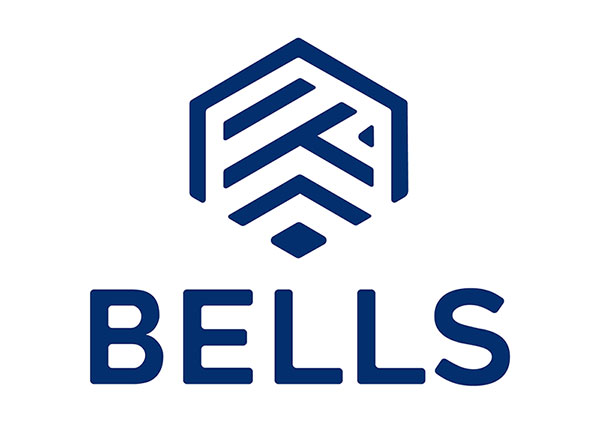
From Data Overload to Time Freedom: The Time-Saving Magic of Analytics Tools
In the modern world, businesses generate massive amounts of data daily. From customer interactions to supply chain performance, data is everywhere. However, having access to vast amounts of information doesn’t guarantee success. Without proper tools to analyse and make sense of it, data can quickly become overwhelming. That’s where analytics tools come in—transforming data overload into actionable insights, saving you time, and driving smarter decision-making. One way to harness the full potential of these tools is by taking a data analytics course, which equips professionals with the skills to turn data into gold. Here’s how analytics tools can save you time and help you achieve time freedom.
1. Automating Data Processing
One of the most time-consuming aspects of working with data is processing and preparing it for analysis. Many professionals spend hours cleaning, sorting, and organising data before they can even begin to interpret it. In fact, according to a McKinsey study, data professionals spend up to 70% of their time on these tasks. With modern analytics tools, much of this process can be automated, freeing up valuable hours for more strategic work. By enrolling in data and analytics courses, you can learn how to leverage tools like Power BI, Tableau, and MySQL to automate data preparation and make quick, data-driven decisions.
2. Speeding Up Decision-Making
Analytics tools not only streamline data processing but also enhance decision-making. These tools can analyse large datasets in real-time, providing insights and forecasts that help businesses anticipate trends and act accordingly. For example, predictive analytics tools use machine learning algorithms to forecast future outcomes based on historical data, enabling companies to stay one step ahead of competitors.
For professionals interested in mastering these tools, a SkillsFuture credit eligible data analytics course offers the perfect platform. These courses provide practical knowledge on how to use analytics platforms to gain insights that can shape everything from marketing strategies to operational efficiency. This results in faster, more accurate decisions—saving time across all levels of the organisation.
3. Reducing Manual Reporting

Taking a course for data analyst allows you to learn how to set up these automated reports, drastically reducing the time spent on manual data entry and reporting. Instead, you’ll spend more time analysing insights and making data-backed decisions.

 Another way analytics tools save time is by centralising data. In many organisations, data is scattered across various departments and systems, making it difficult to access and analyse holistically. With integrated analytics platforms, all relevant data is stored in one place, making it easier to access, share, and interpret. This streamlined access significantly reduces the time wasted searching for data across different systems.
Another way analytics tools save time is by centralising data. In many organisations, data is scattered across various departments and systems, making it difficult to access and analyse holistically. With integrated analytics platforms, all relevant data is stored in one place, making it easier to access, share, and interpret. This streamlined access significantly reduces the time wasted searching for data across different systems.


